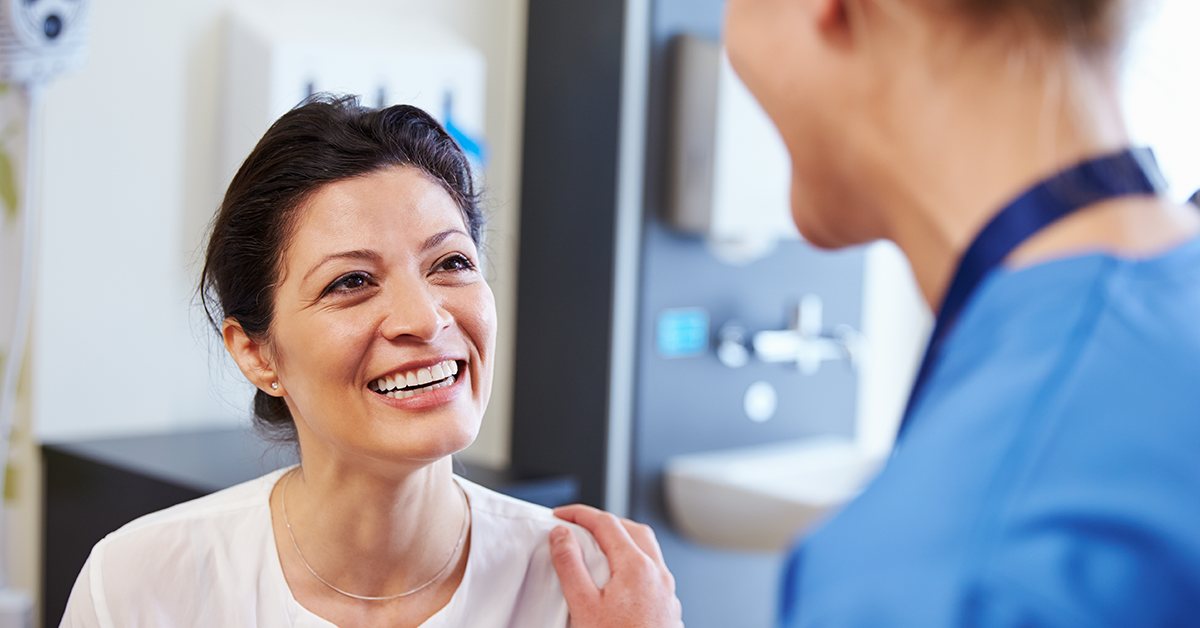
Patient Care Technicians (PCT) help make the hospital visit go smoother. They check the patient’s vital charts and also ask them how they have been doing. They serve as a communication link between the patient and the doctor, saving both a lot of valuable time.
Despite all the crucial duties they perform daily, PCTs are barely ever appreciated. Many people aren’t even aware of this profession.
Let’s understand the training and education a patient care technician goes through.
Educational requirement
Patient Care Technicians are required to have a high school diploma, and afterward, they undergo a state-approved training course. The training course is relatively short and lasts for only a few months. During the training, PCTs become more familiar with the diagnostic tools used in the hospitals, and they learn about human anatomy and physiology.
Practical training is also carried out, and they learn to perform routine tasks like how to draw blood from an individual, insert an IV, take vital measurements, and perform EKG on a patient correctly. Learning CPR is another essential skill that a patient care technician should know.
After the training program has been completed, the students take an exam to earn a PCT certification. After this, they are ready to serve as medical assistants and provide unsupervised service in the hospitals and clinics.
Why are patient care technicians essential?
A Patient Care Technician must be good at communicating with the patients so they feel comfortable around them. However, at the same time, they should be persuasive enough to manage patients who might be unreasonable and anxious about their hospital visits. A PCT should know how to tackle various situations and convince their patients to do what’s best for them.
Other than that, there are a handful of duties that a Patient Care Technician has to carry out. Let’s have a brief look at what some of them are.
Assistance in daily tasks
One of the major PCT duties is to serve as the primary caregiver. Several patients under the care of PCTs are unable to carry out normal routine tasks, and some even have trouble sitting up by themselves. And that is why someone skilled must be there to help them out throughout the day.
PCTs help their patients by assisting them to change their clothes, bathing them, brushing their teeth, and even feeding them. They also take care of their surroundings and change their beddings from time to time for hygiene purposes. PCT healthcare includes all these services so that the patient can remain comfortable while being treated.
Monitor vital signs
The key element to figuring out whether a patient’s health is improving or not is the assessment of their vital sign measurements regularly. A doctor wouldn’t have the time to do it themselves, which is why this job comes under PCT healthcare.
One of many PCT duties is regularly taking the blood pressure, heart rate, respiration rate, and body temperature. All of these vital signs should be monitored at regular intervals throughout the day. They should also be observed after doing an exercise or starting a new medication.
All of these measurements are noted down and are eventually sent to the attending doctor for analysis. If the vital signs drop immediately, it is the Patient Care Tech’s responsibility to alert the doctors right away.

Provide medical assistance
A Patient Care Technician is also qualified to perform phlebotomy, which is the procedure of drawing blood from the patient’s veins. Other than that, they also collect different samples from the patients prescribed by the attending doctors.
It comes under PCT healthcare to collect all the requested samples and label them accurately before sending them out to the lab or the doctor who asked for them. If it weren’t for the PCTs, it would take ages before getting your lab results. And as we are all familiar with, lab reports are essential to detect the medical problem and start the necessary treatment. In many cases, delaying the treatment may result in undesirable consequences.
By providing medical assistance, a patient care technician ensures that nothing of that sort takes place and all patients are treated at the earliest.
Emotionally support the patients
The patients tend to get apprehensive during the treatment as they are unsure about the outcome, so it comes under PCT healthcare to help them feel at ease.
Usually, people undergoing surgeries tend to get highly stressed before the procedure; therefore PCTs help them calm down before the medical procedure is carried out.
Be a liaison between patients and doctors
PCTs take out the time to hear their patients’ concerns and let the doctors know about them. For instance, sometimes a patient feels like the medication is not working for them, and they are observing some of its side effects. It comes under the PCT’s duty to report all of these concerns to the doctor so that they can address them.
By doing this, a patient care technician makes their patients feel heard; hence the patient forms a trusting bond with the PCT. This is necessary because many patients stay at the hospital for an extended period, and it is consoling for them to know that someone out there is willing to eliminate their worries.
See Also: 3 Best Practices For Patient-Friendly Medical Billing Statements
The bottom line
Even though we rarely ever acknowledge their efforts, PCTs in healthcare make sure that the patients feel at peace while being in the clinical setting. They carry out all the necessary PCT duties to ensure that the patient experience is improved and they receive the best care possible. Patient care technicians perform tough yet unnoticed essential duties. Therefore, the next time you pay a visit to the hospital; do not forget to showcase some gratitude to these healthcare workers.






No comment yet, add your voice below!